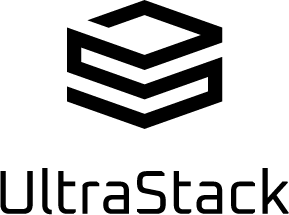Modular Ansible Role for deploying and configuring WordPress.
This Ansible role supports the two latest stable releases of specific server-focused Linux distributions and aims to follow their deprecation policies. Additionally we will focus on supporting the latest two stable releases of each, which at the time of writing are as follows:
- CentOS 7.x
- Debian 11
- Ubuntu 20.04 LTS or later
- AlmaLinux 8.x or later
- RockyLinux 8.x or later
- collection: community.general
- collection: community.mysql
- collection: ansible.posixAvailable variables are listed below with their default values (you can also see defaults/main.yml)
site_domain: "{{ ansible_fqdn }}"
site_email: "email@example.com"
site_user: "example_username"
site_pass: "example_password"
install_wordpress: trueSettings for installing a WordPress site. It's highly encouraged to change the email, user and pass for security reasons. If you change the site domain, make sure to set it to something that is pointed to the server. By default it will use the hostname that Ansible pulls from the server.
wp_plugins:
- block-bad-queries
- boldgrid-backup
- health-check
- heartbeat-control
- nginx-helper
- w3-total-cacheWordPress plugins to install and activate.
Note: If using the UltraStack optimizations it's highly recommended to use the w3-total-cache plugin.
system_user: "wordpress"
This is the system user that the WordPress site will be installed to (this will be created if it doesn't exist).
wp_system_folder: "doc_root"
The folder that the WordPress installation will be installed to. This will be a folder within the system user's home folder.
max_request_workers: # Apache: The number of simultaneous connections allowed. Must be a multiple of 25.
php_proc_mem: # PHP-FPM: Memory consumption per PHP worker.
children_buffer: # PHP-FPM: What percentage of the server's memory PHP can consume.These are configuration settings for Apache and PHP.
wp_db_name: "{{ system_user }}"
wp_db_user: "{{ system_user }}"
# wp_db_pass: 'not_secure'These are database user/name for the WordPress installation.
Note: By default the wp_db_pass is automatically generated for you, though this may be set to your desired password instead should this be preferred.
use_letsencrypt: falseWhether a Let's Encrypt SSL should be generated.
Note: This should only be used when you have a domain pointed to the target WordPress installation.
- hosts: wordpress
roles:
- role: inmotionhosting.wordpressGPLv3


